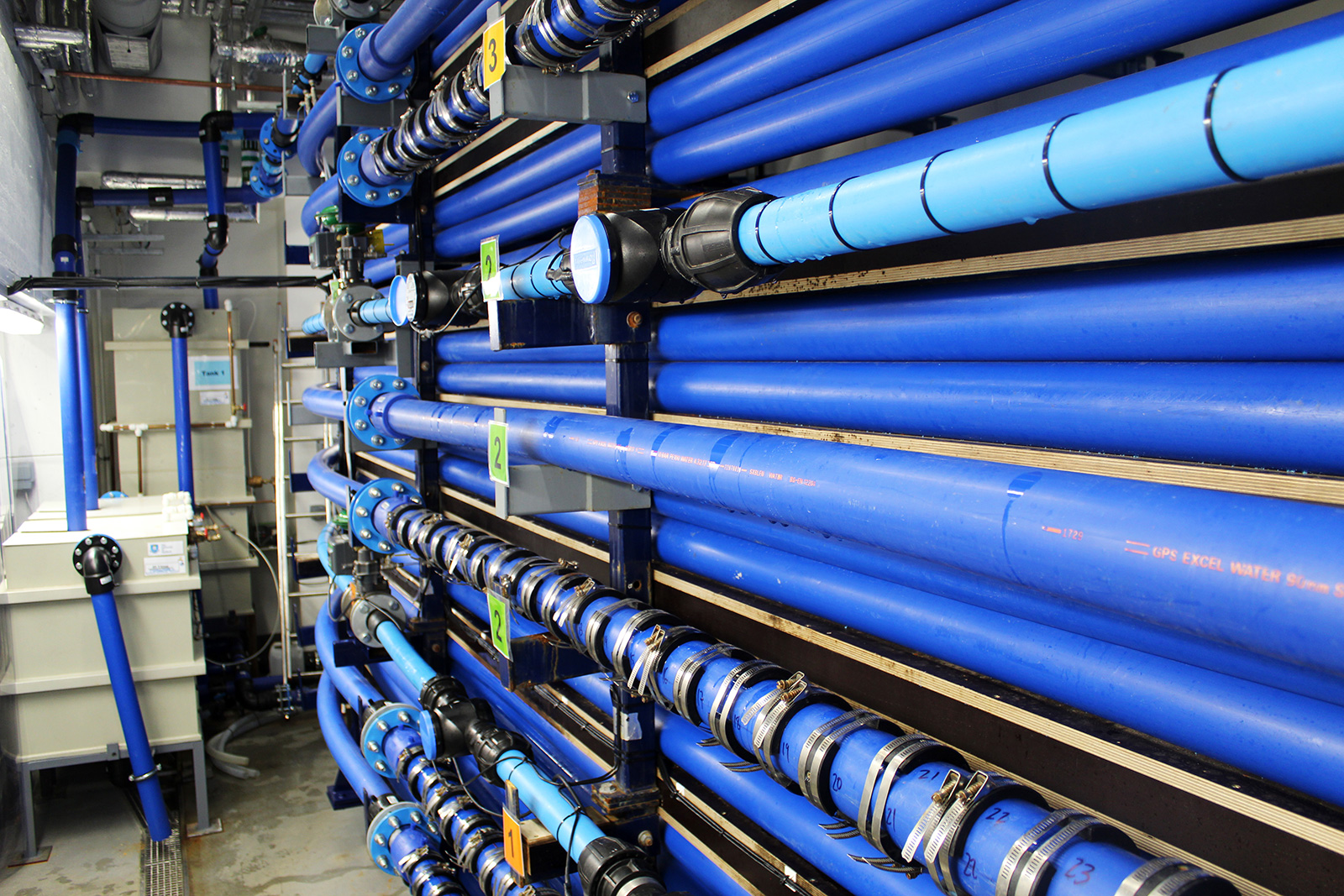News
TWENTY65's Martina McGuinness takes part in Guardian feature on climate change today
Share this article
Martina takes part in a feature in the Guardian on climate change today. Here's her article:
“What would you do if you were flooded again”, I asked. The reply was immediate, “Turn the key in the door and walk away. We couldn’t go through that again.” I was talking to a small business owner whose premises had been devastated by flood. Although they were back in operation, the psychological and financial impacts had been significant and would be felt for a long time to come.
Milder, wetter winters, combined with an increase in extreme daily rainfall rates, are changing the nature of UK flood risk. Research, conducted as part of the Sesame project, has shown that small and medium sized businesses (SMEs) can be particularly vulnerable when hit by flood. This is especially true for smaller businesses. We found that the large majority had not given much, if any, thought or planning to what they would do if they were flooded. Why does this matter? Well, SMEs are of vital importance to the UK economy. Government figures show that the SME sector represents 99.9% of all private sector businesses, with smaller businesses making up 99.3% of this. More than fifteen and a half million people work in the sector contributing to a combined annual turnover of £1.8 trillion. Climate change means that more of these businesses face the threat of flooding than ever before. All of this translates into potentially huge costs to UK business and wider society.
What are the challenges that SMEs face in responding to flood risk? Businesses that we have talked to as part of our research tell us that affordable insurance for flooding is a problem. Large insurance excesses, high premiums, and too often, under-insurance mean that, for some businesses, insurance does not provide a safety net should the worst happen. But insurance is only part of the picture. Another complaint we heard from those who had been flooded was that customers can stay away from an area because they assume that nothing is open. This can make a bad situation worse for local businesses who desperately need money coming in.
So, how can SMEs become more resilient to flooding? It’s not all bad news. There are a range of practical things that a business can do to respond to flood risk. These can range from adapting premises with flood protection measures such as bund walls, non-return valves on pipes and elevated electrical circuits. Even raising stock and machinery off the floor can allow a business to protect key assets and be able to recover quickly. Communicating with customers and letting them know when the business is back up and running can help too.
We also found that SMEs have strong networks, can be flexible problem solvers who make quick decisions and improvise really well. These attributes can help them to respond and recover quickly after a deluge. But it is harnessing these skills with some prior planning that will create the true business resilience needed to stop a flood from becoming a business disaster.
Dr. Martina McGuinness is a Senior Lecturer in Risk Management and Strategy at Sheffield University Management School. Resources for small business flood resilience can be found at the Sesame project website http://sesame.uk.com.
